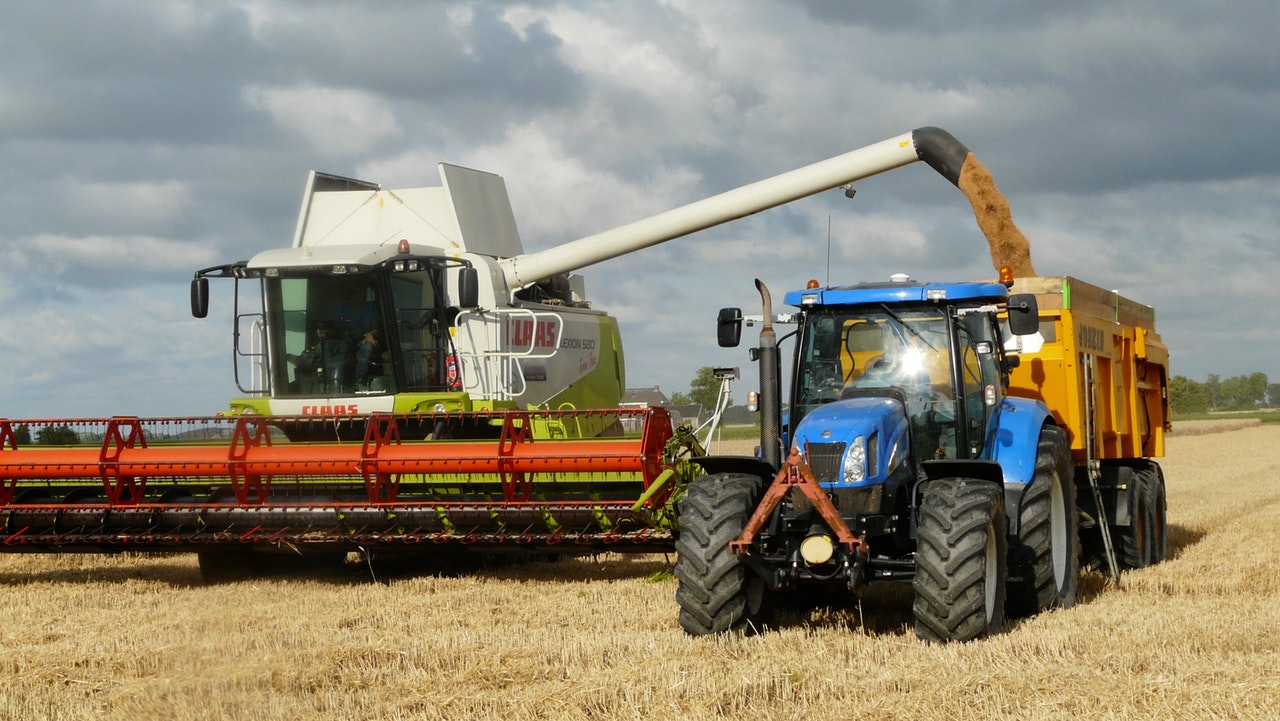They are a popular source of energy in Brazil, but they come with considerable pitfalls
Biofuels provide energy through a variety of different means. Biodiesel works as a fuel for buses and other vehicles and is usable in any standard diesel powered engine. There have even been trials to test its usage in aviation, as well as in hybrid petroleum/biodiesel powered planes.
Bioethanol is another popular type of biofuel. In Brazil ethanol powered from sugar cane is used to power many vehicles.
Globally biofuels provide circa 3% of the world’s fuel for vehicles, with the USA and Brazil the biggest producers.
Although biofuels would appear to have obvious advantages over petroleum as an energy source due to the low carbon footprint and the fact they release fewer pollutants, the issue relates to the production of biofuels.
The problem with biofuels, in the case of Brazil in particular, is that large tracts of rainforest are cleared to produce the farmland used to produce biofuels. Given the fact that that rainforest are enormous carbon sinks critical to the future of the planet, the production of biofuels in this case is a case of cutting off the nose to spite the face.
Hence while they do not produce greenhouse gas emissions through their burning, the destruction of carbon sinks provides a net loss to the climate. There has also been research indicating that due to the nitrous oxide released during their production, biofuels are actually worse for the climate than fossil fuels.
Another problem is the issue of sustainability. The planet simply does not have the arable land space to support a large scale transition of all vehicles to biofuels. Large tracts of land used for food would have to be transformed into usage for fuel, which is impossible to manage without endangering the food security we enjoy.

Be the first to comment on "Are biofuels the future?"